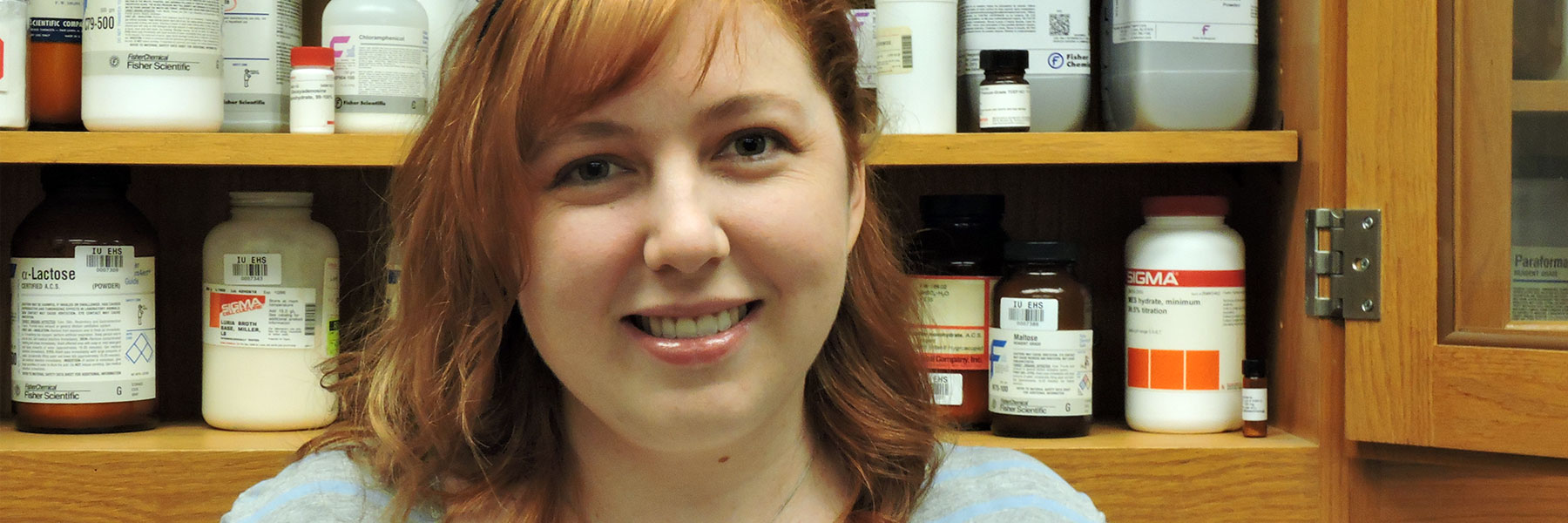Since its initiation in 1989, as part of our agenda to enhance undergraduate education, the Undergraduate Research Fund (URF), now known as the SMART Program at IU South Bend has supported more than 150 projects in diverse fields including business/finance, science, liberal arts, fine arts, education, and health sciences. Since 1989, we have distributed over $250,000 to students.
The SMART program has separate grant programs:


